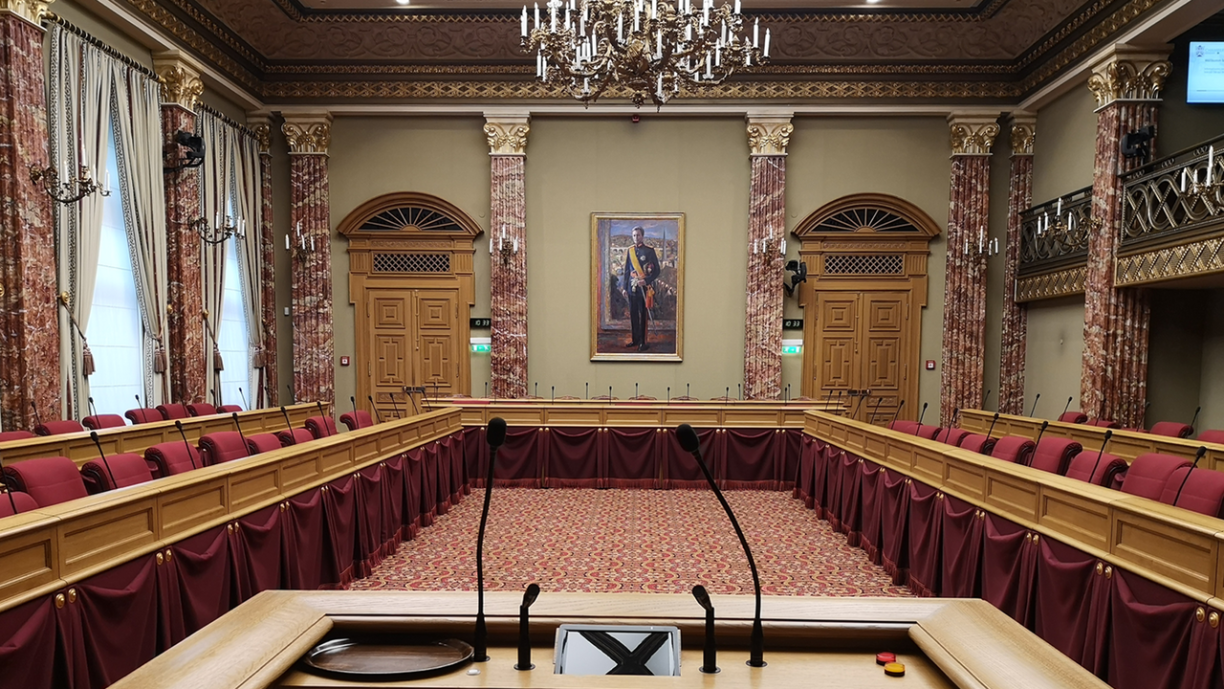
The Climate Social Plan was presented in the Chamber, aiming to reduce the financial impact of the energy transition on lower-income households and small businesses. However, many details remain unclear, though this is not entirely the government’s fault.
One source of uncertainty is the EU’s postponement of the second phase of the Emissions Trading System (ETS2) – which will cover buildings and mobility – by one year, moving the start to 2028. Christian Social People’s Party (CSV) Environment Minister Serge Wilmes explained:
“By the end of this year, we need to decide whether the government will participate immediately in 2028, since it has been postponed by one year, or whether we will wait until 2030, which is also possible because we have a national CO2 tax.”
This national CO2 tax would need to correspond to EU certificates, which are expected to rise to €45 per ton next year. Minister Franz Fayot added that the current CO2 tax should continue increasing by roughly €5 per year. He also expressed regret that ETS2 has been postponed, leaving uncertainty about the exact future cost.
Former Environment Minister and Green deputy Joëlle Welfring highlighted the social dimension:
“It must be ensured that additional costs resulting from climate protection and renewable energy investments do not disproportionately burden those who already have little. The previous government already ensured that social compensation is systematically provided through the ‘Cost of living allowance’ (Allocation de vie chère) and parts of the CO2 tax, meaning about half of all revenue flows into social measures.”
Beyond the existing premiums aimed at property owners of housing or vehicles, the plan will now explore ways to support tenants in reducing their energy costs. Energy Minister Lex Delles explained:
“One measure is to analyse what can additionally be done for tenants, beyond renovation incentives. This also includes measures like the ‘Right to a charging station’ (Droit à la borne), which helps reduce vulnerability and dependence on fossil fuels at gas stations.”
CSV deputy Paul Galles stressed the importance of aligning these measures with the national poverty reduction plan:
“These measures should be combined with the entire national plan for poverty reduction, which includes many housing-related measures. Coherence between the two plans and how they interact is the key question, especially regarding their impact on housing.”
Finally, the opposition criticised the lack of a quantified cost for the new measures, many of which have not yet been implemented.